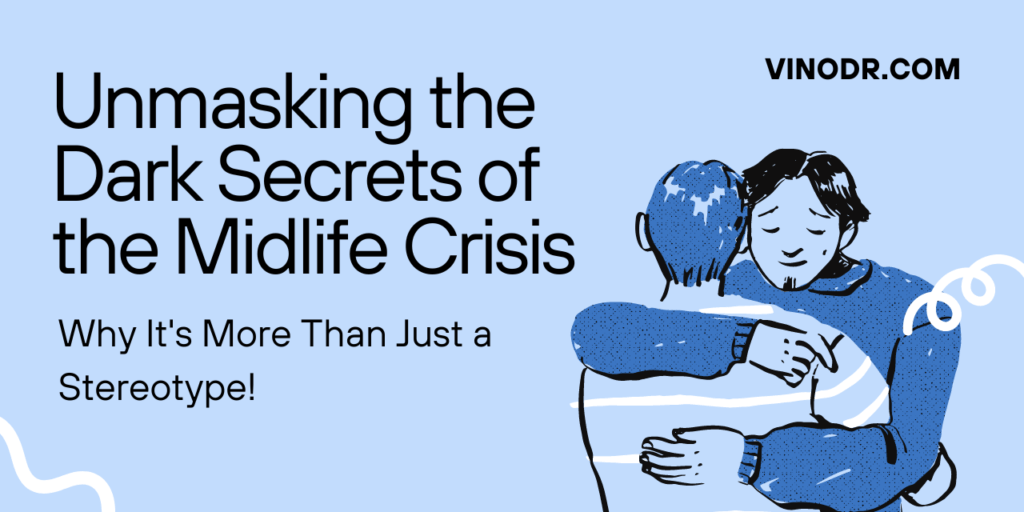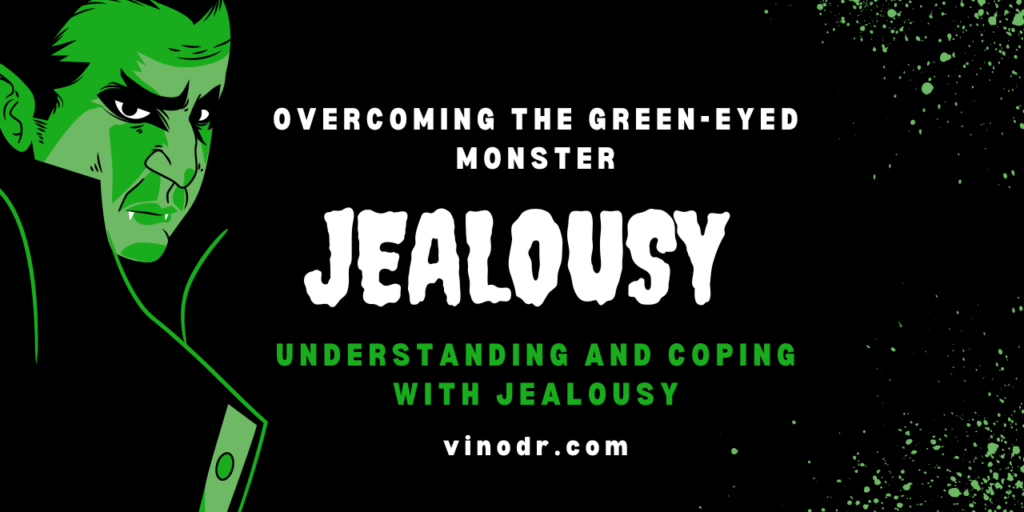Financial Wisdom through Quotes
Financial Wisdom Through Quotes Timeless Quotes In the realm of personal finance, there exists a wealth of wisdom that transcends mere numbers and spreadsheets. It is a world where dreams take shape, where futures are molded, and where the pursuit of prosperity intertwines with the pursuit of a meaningful life. Within this vast landscape, quotes from the brilliant minds of financial giants serve as guiding beacons, illuminating the path to financial enlightenment. Together, let us unlock the meanings of financial wisdom quotes and discover the beauty that lies within. Through these captivating quotes and the profound insights, they offer we embark on a transformative journey toward financial empowerment, enlightenment, and the realization of our true potential. “The stock market is filled with individuals who know the price of everything, but the value of nothing.” – Philip Fisher This quote highlights the importance of distinguishing between price and value when investing. While price reflects the current market value of a stock, value represents the underlying worth of the business. As Investors, we should focus on identifying undervalued companies with solid fundamentals rather than simply chasing popular stocks with high prices. We may come across a company with a low stock price due to temporary market fluctuations or negative sentiment. By conducting thorough research and analyzing the company’s financials, competitive advantage, and growth potential, we may discover that the stock is undervalued and represents a good long-term investment opportunity. “The stock market is a device for transferring money from the impatient to the patient.” – Warren Buffett The importance of having a long-term perspective when investing. The stock market can be volatile, and short-term fluctuations can lead to impulsive decisions. Patient investors who stay invested over the long run tend to achieve better returns compared to those who try to time the market or make quick trades. Being patient is not one of the traits I have personally, but it has its advantages if you know what you are doing. An investor who buys and holds a diversified portfolio of quality stocks for many years typically benefits from the overall growth of the market. Even during periods of market downturns or short-term volatility, patient investors who stay committed to their investment strategy have a higher probability of realizing significant gains over time. “Money is only a tool. It will take you wherever you wish, but it will not replace you as the driver.” – Ayn Rand This quote highlights the idea that money itself is not the ultimate goal but a means to achieve one’s desired outcomes. Money can provide opportunities, security, and freedom, but it is important to remember that we must actively make choices and take control of our financial decisions and actions. A person may accumulate significant wealth, but if they don’t make thoughtful decisions about how to use that money, it may not bring them the happiness or fulfillment they seek. Whether it’s investing, philanthropy, or personal spending, we must take an active role in using money as a tool to align with our values and goals. Whenever I speak to people, I tell them not to get emotionally attached to money, I have tried to stay like that from the start of my journey. For some, it’s quite hard to stay away from emotional attachment to money as it’s quite hard-wired with their life surroundings. “The four most dangerous words in investing are: ‘This time it’s different.’” – Sir John Templeton This quote cautions against the assumption that current market conditions or trends will defy historical patterns. It highlights the importance of being skeptical and avoiding complacency during market fluctuations. During periods of market exuberance, investors may believe that the usual rules of investing no longer apply and that they can achieve extraordinary returns without considering the risks. However, history has shown that market cycles and patterns tend to repeat themselves. Ignoring this fact and assuming that “this time it’s different” can lead to poor investment decisions and potential financial losses. “The goal isn’t more money. The goal is living life on your terms.” – Chris Brogan This quote emphasizes that the purpose of financial success should be to create a life that aligns with one’s values and aspirations. It encourages individuals to prioritize personal fulfillment, growth, and happiness over the sole pursuit of wealth. Someone who achieves financial independence may use their resources to pursue their passions, spend quality time with loved ones, engage in meaningful experiences, or contribute to causes they care about. The focus is on using money as a means to design a life that provides freedom, joy, and a sense of purpose. “It’s not how much money you make, but how much money you keep.” – Robert Kiyosaki Robert highlights the importance of managing expenses, saving, and investing wisely to build wealth effectively. It underscores the idea that accumulating wealth is not solely about earning a high income but also about controlling and growing one’s net worth. Two individuals may earn similar salaries, but their financial outcomes can be vastly different based on their spending habits, saving rates, and investment decisions. By focusing on reducing expenses, implementing effective budgeting strategies, and making prudent investment choices, individuals can maximize their ability to accumulate and retain wealth. His book “Rich Dad Poor Dad” was an eye-opener for many people across the globe including me. “Don’t look for the needle in the haystack. Just buy the haystack.” – John C. Bogle John advocates for a passive investment approach such as index fund investing. Rather than trying to pick individual stocks, it suggests investing in a diversified portfolio that represents the broader market. Instead of spending time and effort analyzing and selecting individual stocks, an investor may choose to invest in low-cost index funds that replicate a broad market index. By doing so, they gain exposure to a diversified set of companies and capture the overall market returns. While returns will be better than an FD most of the time it will be lesser than investing directly
Financial Wisdom through Quotes Read More »










